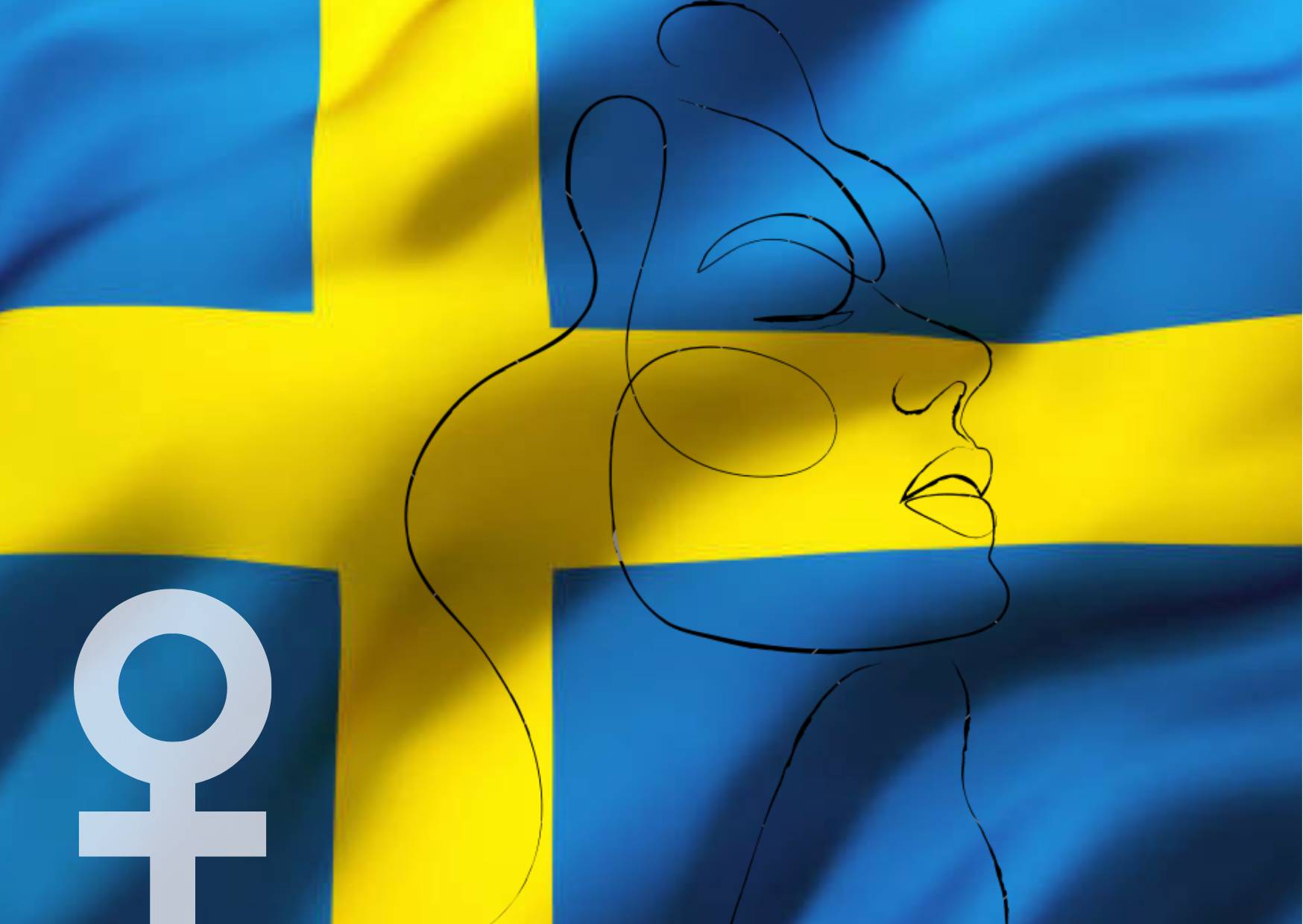Women’s issues have been in the realm of activism at every level all over the world. In some countries, there are policies on gender equality or institutions for social justice, but as a country, Sweden leads the way through its multi-dimensional action-oriented approach. The government of Sweden’s engagement in global affairs has focused on ensuring Women’s rights, and it raised its voice in the affairs of Saudi Arabia, where women remain a subject of patriarchy, and criticized the country’s human rights records, condemning the complicated situation of women within the Kingdom of Saudi Arabia. But back home, it has gone notches ahead.
In 2014, Sweden became the first nation-state to launch a feminist foreign policy that aims to systematically and holistically implement policies that contribute to gender equality and promote human rights for all women and girls nationally and internationally. As Sweden believes, “No society can flourish if half of its population is not included”. The socially constructed barriers that impede women from realizing their potential and rights must be addressed. The policy came in response to the intolerance and discrimination that women face across the world.
In recent decades, the situation has notably improved for women, at least in western nations. There are still significant impediments to women’s enjoyment of equal rights and independence as compared to men. And, no country around the world has been able to achieve gender equality. Incorporating feminism into foreign policy is a challenging endeavor that has been made more difficult by patriarchal systems’ tenacity, diverse social and cultural settings, and various feminist interpretations. The use of the term “feminism” to build their foreign policy explains a great degree of flexibility with respect to how Sweden, as a nation, understands the term and what they want to emphasize by using it.
The policy also allows for a focus on women’s roles in global politics and also enquires into the nation’s efforts to bring matters of intersectional feminism to the global forum through inclusivity. Feminism in decision-making at the national and international level reveals and challenges the way gender works to institutionalize hierarchical relations in global politics. In 2015, Sweden established a “Women’s Mediation Network”, which aims to promote conflict resolution peacefully and actively encourage women’s engagement in peace processes and agreements. Sweden also collaborated with UNCTAD (United Nations Conference on Trade and Development) to develop a “Trade and Gender Toolbox” that includes methodologies for evaluating the impact of trade policy measures on women and gender equality. The policy has tried to bring an institutional culture shift.
In the light of the current global scenario, a more systemic and comprehensive effort is required to achieve gender equality. It is essential to listen and include grassroots communities and allow them to lead the way, especially women and other minorities. Like Sweden, other nations and actors must also take the responsibility to build peaceful, developed, and sustainable societies. Feminism must not be lip service, and Sweden shows the way how to do it.
Ms. Smriti Lohia has a Master’s degree in International Relations and holds her Bachelor’s degree in Mathematics and French. She developed an early passion for social change and environmental sustainability. She is Senior Project Associate at World Intellectual Foundation.

